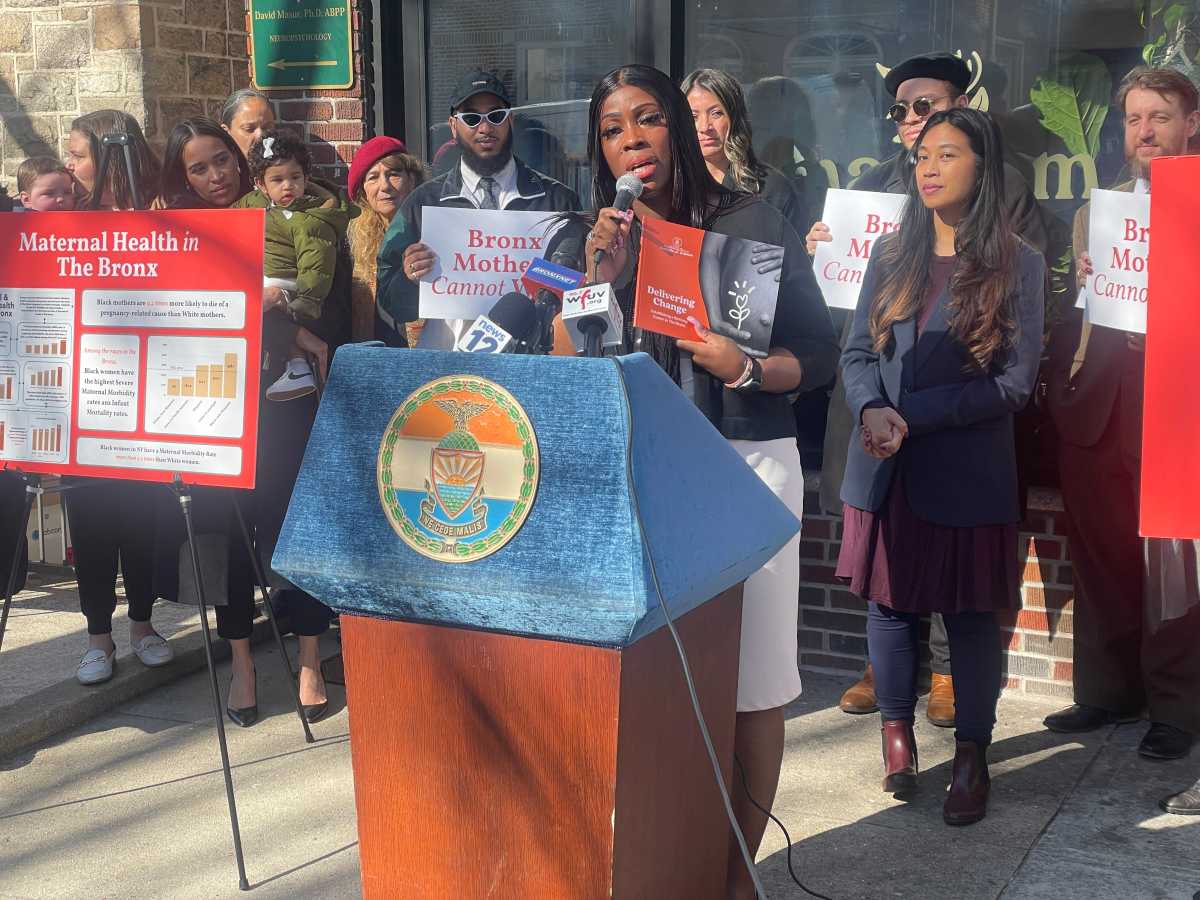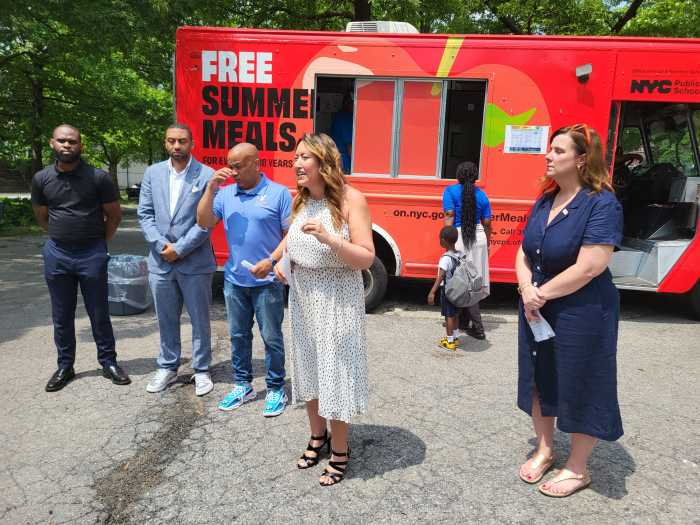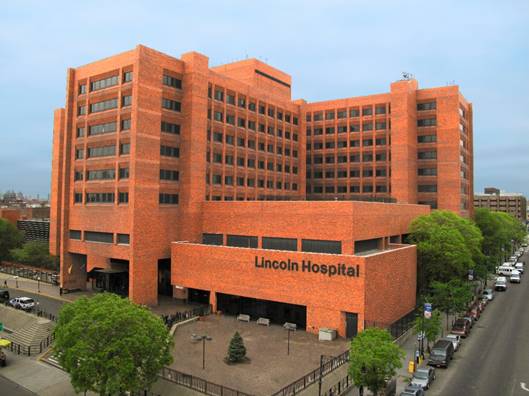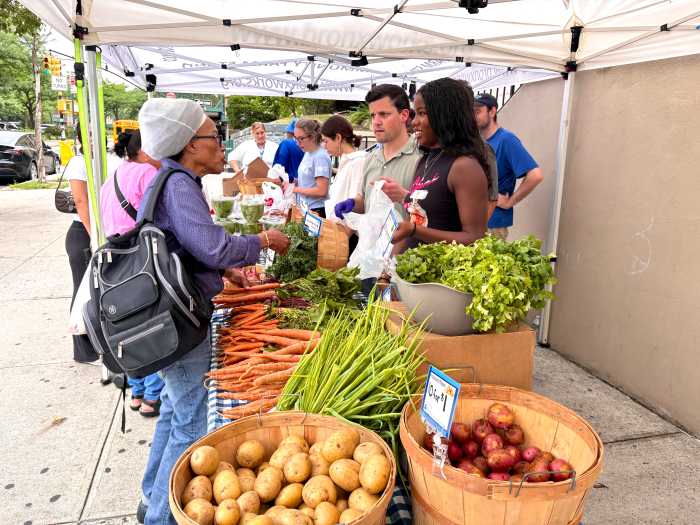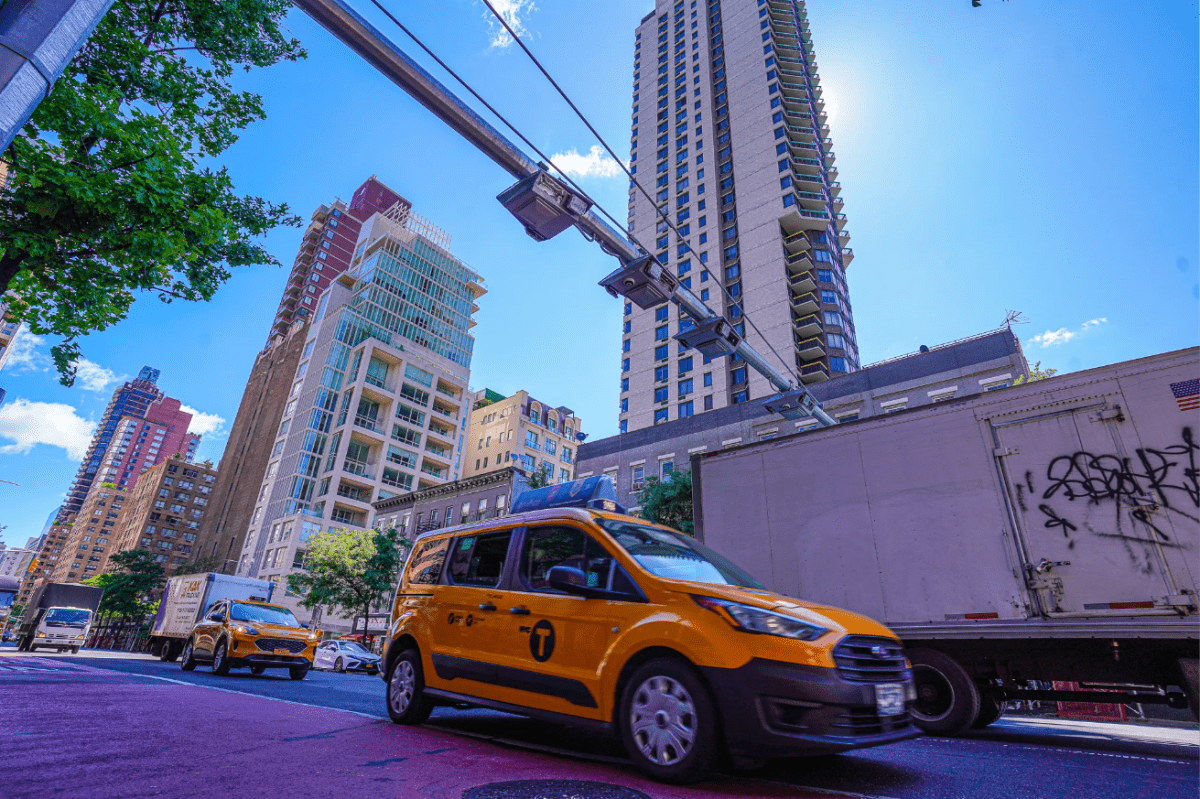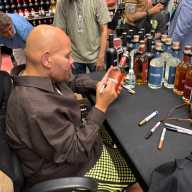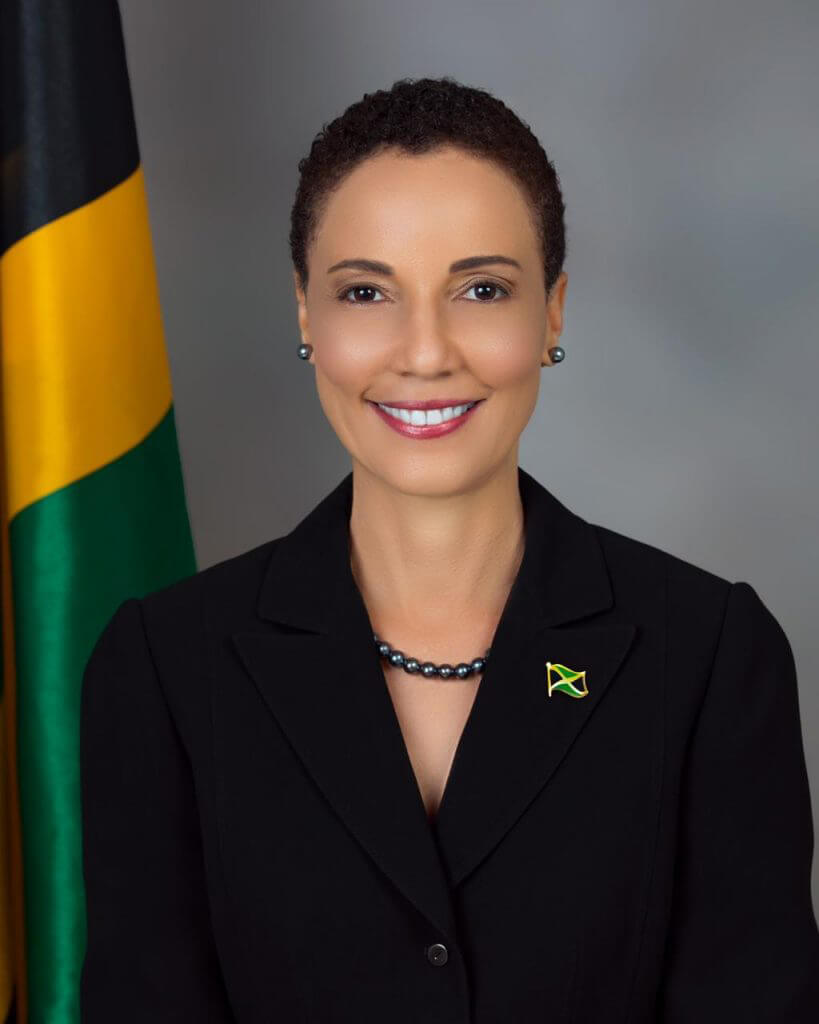Bronx Borough President Vanessa L. Gibson and maternal healthcare advocates came together in Norwood on Monday to highlight the maternal health crisis in the Bronx and call for a Bronx birthing center that would provide comprehensive care for expecting mothers.
Gibson, who joined advocates at the Maryam Healthcare and Wellness clinic, released a new report detailing the state of maternal health in the Bronx, which leads the city in negative birth outcomes and adverse social determinants of health. Healthcare and policy experts attribute these disparities to systemic racism and chronic disinvestment in the borough.
The report highlights that the Bronx has the highest Severe Maternal Morbidity (SMM) rate in New York City, with 377.3 severe complications per 10,000 deliveries—significantly higher than the citywide average of 283.7 per 10,000 deliveries.
Pregnancy remains especially dangerous for Black women, who in New York City are more than twice as likely as white women to experience severe complications during pregnancy.
“ We’re talking about the lives of mothers and their families and their children – the babies that are born,” Gibson said. “Maternal health is a crisis and it’s a public health emergency that calls for us to act.”
Since 2020, Gibson and maternal health advocates have worked to reimagine prenatal and postnatal care in the Bronx. That same year, Myla Flores and Dr. Carla Williams, an OB-GYN, co-founded The Birthing Place, a healthcare collective dedicated to addressing maternal health disparities affecting women of color in the borough.
They have launched community based maternal healthcare resources like a pink mobile wellness hub dubbed the “Wombus” and the Maryam Reproductive Health and Wellness clinic, offering pre and postpartum care, lactation support and educational workshops.
Now, Gibson and the maternal health advocates at The Birthing Place want to open a Bronx birthing center, so women in the Bronx can have a different kind of holistic birthing experience that they hope will improve maternal health outcomes in the borough.
“ We are not going to allow our women to die as they give birth,” said Gibson at Monday’s event. “We’re going to lift them up and celebrate them and let them know they are loved, they are appreciated, they are respected, and they are valued.”
At a birthing center, women with low-risk pregnancies can give birth in a calm, home-like environment, supported by midwives and doulas. These centers prioritize natural pain management and fewer medical interventions compared to hospitals, where epidurals and cesarean sections are more common.
Myla Flores, co-founder and COO of The Birthing Place, announced plans to open a freestanding birthing center in the Bronx by 2026. The group aims to raise $5 million over the next two years to secure land, build the facility, staff it, and open its doors.
“ We are working to revolutionize maternal health care and create culturally safe, responsive care to our communities and the families within this borough and beyond,” Flores said at the press conference.
Flores, Gibson and maternal health advocates all said that women, especially Black women in the Bronx need a birthing center. Bruce McIntyre, a Bronx father, has been a maternal health activist since his partner Amber Isaac died during childbirth in April of 2020. He told the Bronx Times that had he and his partner had access to a birthing center in the Bronx, she would have received quality care instead of the medically negligent care he says directly contributed to her death at a hospital.
“ I believe that they would have been more attentive to her records, more attentive to her needs and she would still be with us here today,” McIntyre said.
He said that people in the Bronx have to push for better maternal healthcare and encouraged expecting Bronx families to look into all their birthing options and talk to a doula or a midwife, even if they plan on having a hospital birth.
“ Amber thought she was in a safe space,” McIntyre said. “We thought we were okay. But after speaking to a midwife for the first time, I felt really empowered; I felt really educated; I felt really supported. I truly believe in that model of care where you’re being taken care of before, during and after pregnancy.”

